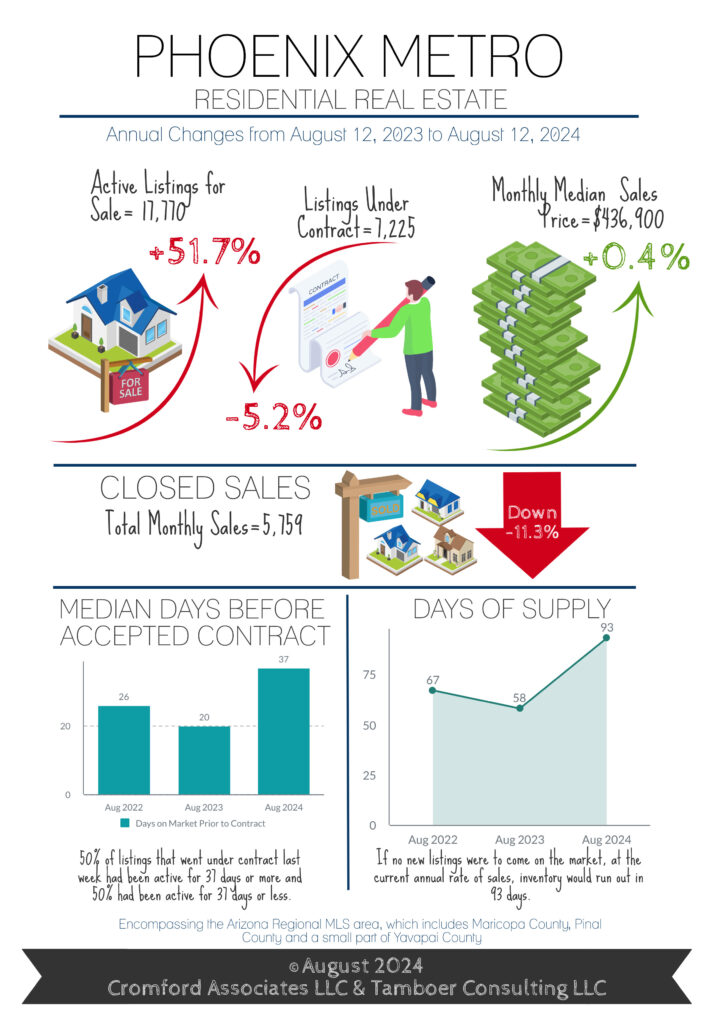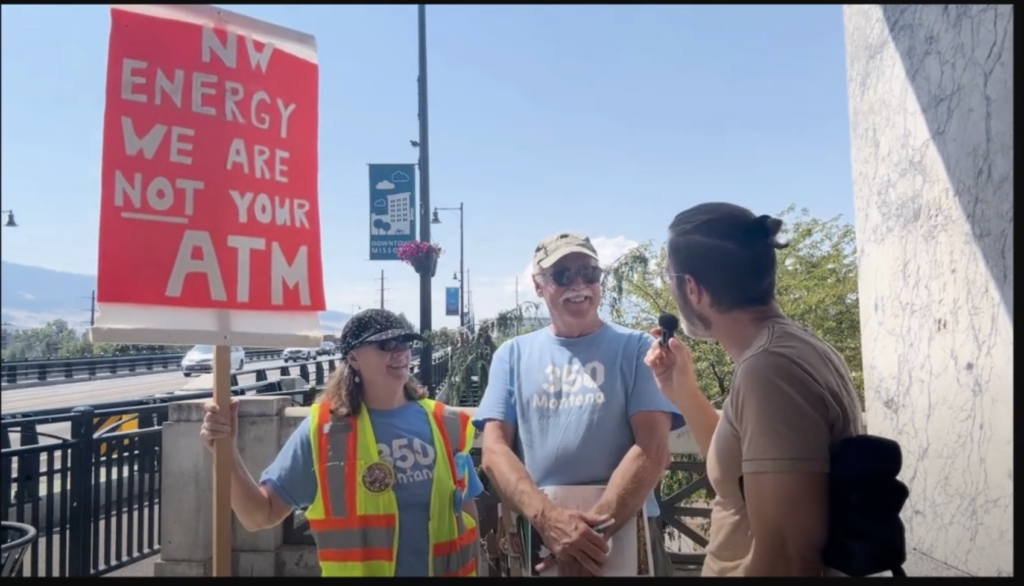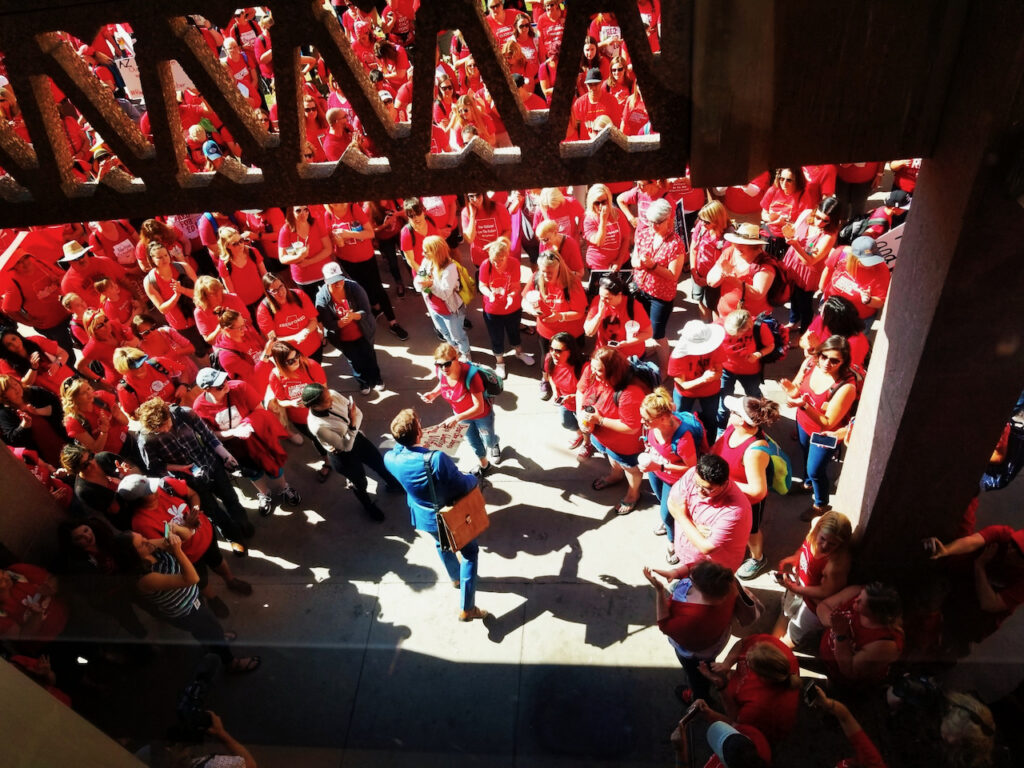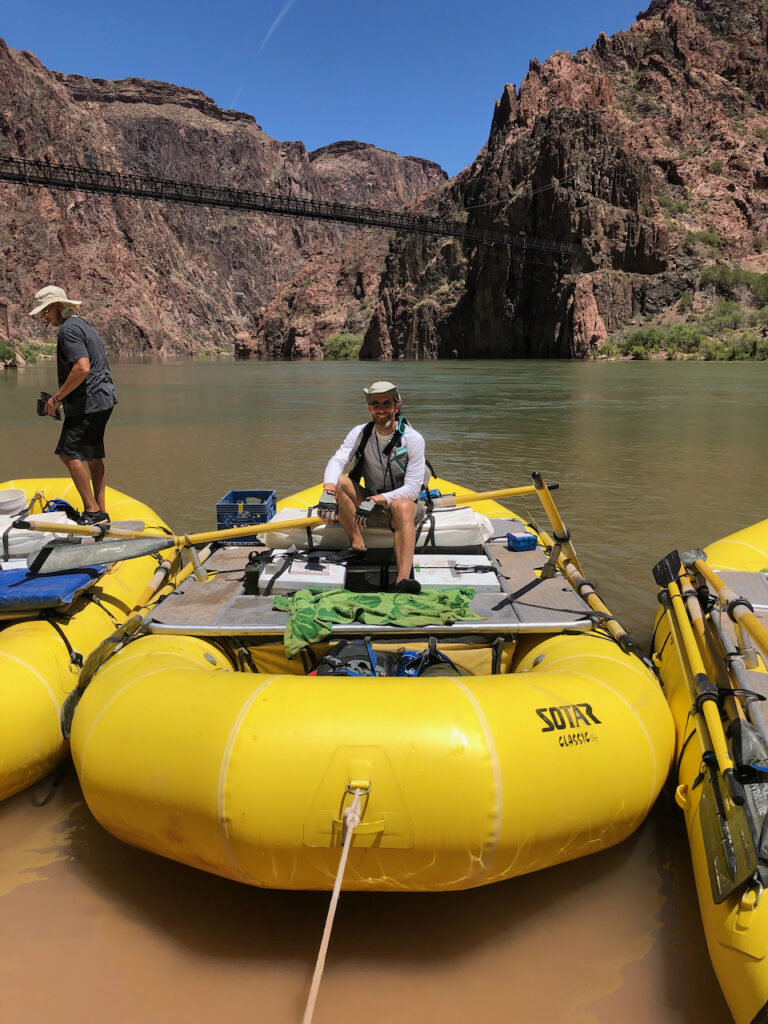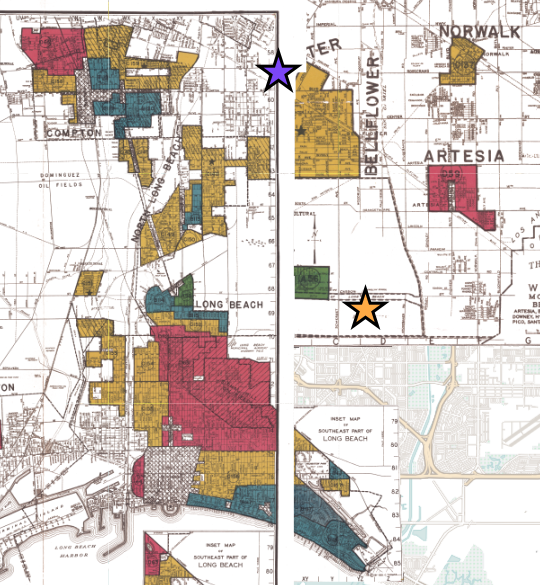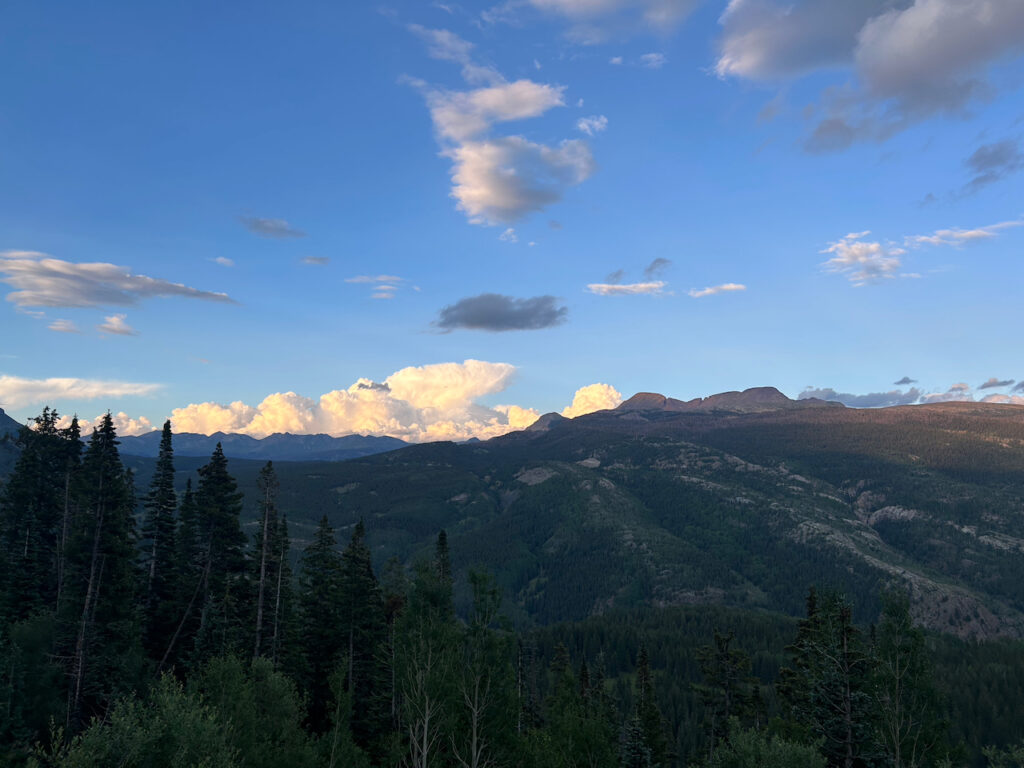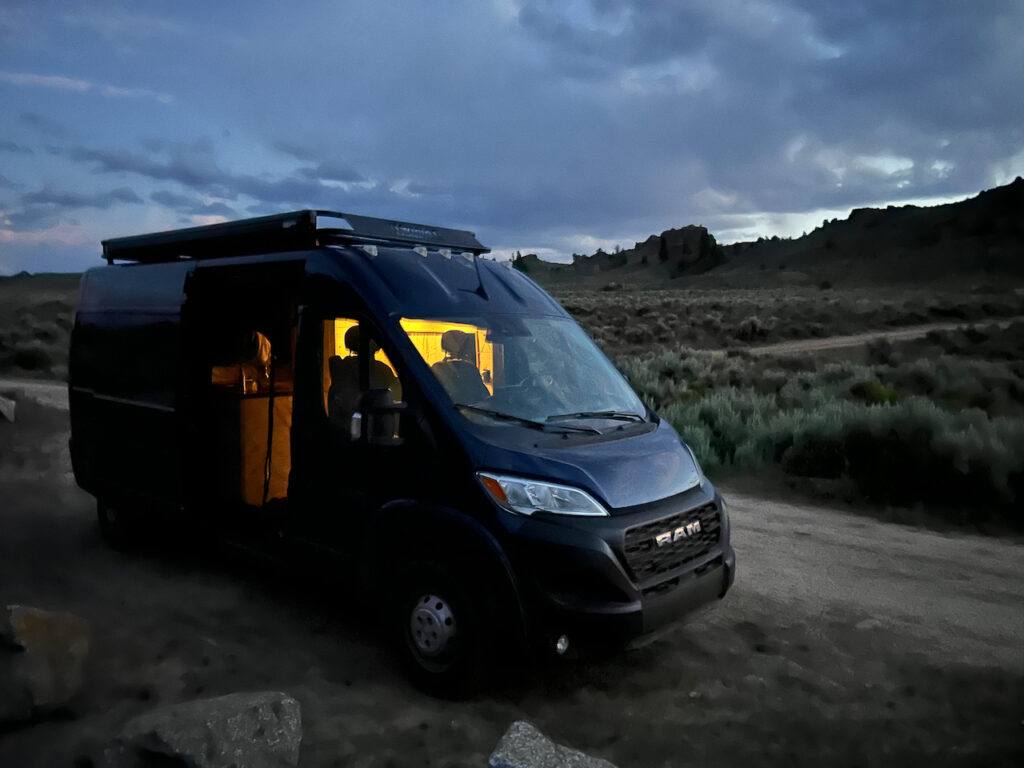There are a huge number of ballot measures on the ballot this year. So, between sleeping among the redwoods and white water rafting with my dog, I figured it would be fun to do my semi-annual summary of all of them.
Yep. This is what I call “fun.”
The handy way to think of them is that 11 of the 13 were referred from the legislature in an effort to get around a duly elected Democratic governor. As such, you can easily write most of them off as an ideological power play from the MAGA legislature. But, read below for the details before you do that. There are a couple from the legislature that you might like.
Here’s my take on them. I’ll be rolling out short videos on each, which you can follow my YouTube Channel and my Facebook Page. Ballotpedia.org has a list of all 13 ballot measures in Arizona, along with some basic comments from proponents and opponents. For a list with some editorial perspective, see this list of the 13 ballot measures from the New Times. The Copper Courier, a left-leaning independent publication that focuses mostly on capitol issues, shared their list here.
Reminder: Those measures numbered in the hundreds seek to amend the constitution and those numbered in the 300s seek to amend simple statute. All measures, once passed by the voters, are very difficult to amend.
Prop. 133: Partisan primaries for partisan offices
If you consider yourself an independent voter then this is terrible for you. Arizona has one of the largest percentages of independent voters in the country. This is a sneaky, attempt to shut down independent voters, and things like rank choice voting.
The proposition originates from the Republican legislature, which we’ve seen over recent years take more steps to not only entrench themselves, but favor the two-party system over registered Independents.
For example, back in 2015, they passed a law that dramatically increased the number of signatures needed for Independents, Green Party, Libertarians or other third parties to get on the ballot. None of the Democrats voted in favor, just in case you are thinking that both parties are “just as bad as the other.”
Anyway, this piece of cat poop proposition would enshrine partisan primaries into our constitution. This is a constitutional amendment. Let’s also remember that it is very difficult and very expensive to amend our constitution. In addition, it would outlaw open primaries and ranked choice voting.
I worked on a ranked choice voting (RCV) election in Australia in 2006 and the difference was clear — RCV helps pull people away from the tribal identities fostered by the two-party system and allows people to communicate better.
You don’t have to like RCV to know that this proposal is a cynical attempt to hold on to power.
Vote NO on Prop 133
Prop. 134: Changing voter initiative signature requirements
Jeeze! Nothing has changed since the days that I served on the elections committee in the state legislature. Back in those days Republicans made it easier to challenge your signature on a petition for a ballot measure, among other anti-democracy efforts.
This is more of the same. They’re just trying to make it harder for the people to be a check on the power of their radical legislature.
Here’s what this legislative referral would do. Currently if you want to put a constitutional amendment on the ballot, you have to get a number equaling 15% of the people who voted in the last governor’s election. If you want to get a statutory initiative on the ballot, you have to get 10%. Those signatures can come from anywhere in the state. This referral from the legislature would require you to get those same percentages from every single one of the 15 counties in Arizona.
(Can you name them all without looking?)
Sounds fair, right? But think about it. It would mean that, even if you reach those numbers in 14 of the 15 counties, but in only one county you don’t reach those signature requirements, that one county could hold up progress for the whole state. It’s an effective veto, or a kind of county filabuster.
A minority of voters could dictate policy for the majority of citizens of the state. If you don’t like the electoral college, you should not like this for the same reason.
Republicans and MAGA conservatives see the writing on the wall and they know that the state is changing. They know that people want better schools, they want clean energy, and they want smart elections reform. These guys are happy to rig the system to stay in power.
Vote No on Prop 134.
Prop: 135: Declaring emergencies
This proposal from the legislature really originates from the radical Free Enterprise Club –because they have a huge influence there. The Free Enterprise Club is a bunch of right wing ideologues who spent way too much time reading Ian Rand books under their covers with a flashlight when they were teenagers, thinking it was good literature and smart philosophy.
Hint: It is neither.
This ballot measure is in response to Republican governor Doug Ducey‘s emergency declarations during the Covid response. It requires the Arizona legislature to re-approve every emergency declaration after 30 days, other than war, fire, and flood declarations.
But when you talk to people with experience around emergency declarations and emergencies, they will tell you this is unworkable.
First, such a requirement would put a halt to a lot of federal emergency funding. Most emergency responses last for more than 30 days. Be assured that the federal government will not allow their funding to be left to the whims of our infamously backward legislature.
Second, how could you depend on the legislature to re-approve an emergency decoration when they can barely agree on what time to break for lunch?
In addition, what do you do when the legislature is not in session? They don’t all have to come back to vote if they don’t want to. It makes emergency preparedness fundamentally weaker.
Vote No on Prop 135.
Prop: 136: Challenging initiatives’ constitutionality
This one falls into the category I described before in which the republican legislature just can’t get their sunbaked brains around the idea that the public has a say and how their constitutional democracy should work. You know, they way it was designed 112 years ago.
Just as they did back when I was in the legislature, they are looking for ways to stop any initiative that they don’t like.
It allows voter-organized constitutional amendments to be challenged in court after the measure is filed with the secretary of state’s office but before ballots are printed. This is designed to give opponents of any measure more opportunities to torpedo the effort before voters have a chance to vote on them
The voters have spoken many times on things that they care about. Everything from legalizing marijuana, to raising teacher pay and making a more fair tax code.
Time and again, this ideological legislature has been able to thwart the public’s effort. This will make that even easier.
Vote No on Prop 136.
Prop. 137: End term limits for state Supreme Court justices
It’s like somebody told the Arizona legislature that the US Supreme Court is the most corrupt that it’s ever been. So the Arizona legislature responded, “here, hold my beer.”
If you think that, maybe the US Supreme Court should move toward term limits of some sort, then you should hate this. This is taking a system that has worked well for decades and creates lifetime appointments for Arizona Supreme Court justices.
Not only that, but it does so retroactively in order to protect two particular Arizona Supreme Court justices who are coming up for term renewal. They voted in favor of the 1864 abortion ban. One of those Supreme Court justices is the husband of a legislator who voted in favor of that ban.
Let’s back up and set some context.
In some states, judges are elected. They campaign, raise money and show up on the ballot. That is a terrible idea. It means judges are out raising money sometimes from questionable people and special interests. Further, it means they less likely to stand up to the public when they have taken on a mob mentality.
Other states have only appointments.
The Arizona system for appointing and retaining judges is a really nice hybrid. The judges are appointed for life, but in for four-year terms. Every time their term ends, the voters have a chance to say if they think that Justice should not be retained. Typically, this only occurs when there is some kind of behavioral issues or corruption. It very seldom happens that a judge is removed from the bench. But the option is there. The process of responding to complaints against judges is handled by the Arizona Commission on Judicial Conduct.
On the other end of the spectrum, you have something like the US Supreme Court, with their life appointements they have become seemingly immune to any form of accountability for their behavior.
This ballot measure would make the Arizona court just like the US Supreme Court, which we all know is very problematic.
If you ever wanted evidence that we are living in a George Orwellian dystopian world, be aware that the legislature named this the Judicial Accountability Act of 2024. Creating lifetime appointments for judges, which by definition reduces accountability.
Vote No on Prop 137.
Prop: 138: Reducing wages for tipped workers
Before I comment on this, I just have to say that this country needs to finally give up this whole tipping system. I love the Australian model the most. In the Land Down Under workers are paid a livable wage, but you can tip them if you want. There is no heavy-handed obligation to tip them so that they can make a living because the restaurant franchise they work for wants to save more money for their shareholders.
In fact, there are moves across the US to force restaurants to skip the tip and pay workers a livable wage. Have a look at this summary video of how we got here, how folks are reforming it and how some in even the restaurant associations are seeing that a flat wage is better for employee retention.
When you understand that tipping in America has its origins in post Civil War attempts to under-pay Black folks, and that it grew in popularity during the Great Depression, and that we are the only country that does it, you can see why we need to change it.
In short, this measure allows the restaurant to pay a worker up to 25% less if their tips reach minimum wage. Here’s a crazy thought. Just pay them a livable wage!
It is particularly cynical that the legislature titled this one, “The Tipped Worker Protection Act.“ When would it actually does is reduce a tip workers income.
Vote No on Prop 138.
Prop. 139: Expanding abortion access and freedom
Of all of the ballot measures, you’ve probably known about this one for a while. They collected over 800,000 signatures to get on the ballot. I think that might be a new record.
It protects abortions up to fetal viability, which is usually about 23 or 24 weeks. And it prevents the state from enforcing laws that prohibit abortion if the mother’s life is at risk.
This last part of the ballot measure is where the other side pulls a magic rabbit out of their behinds and try to say that people abort children up until they are born.
This is a tall, stinky pile of fear, mongering crap.
The reality is that it is exceedingly rare that a pregnancy has gone so terribly at such a late point in the pregnancy that an abortion has to occur. By then, the baby is often already dead.
What is not rare is the huge number of preventable deaths across the country, post Dobbs decision. These are women who could not gain access for reasonable healthcare services because the government in certain states, including Arizona for now, is involving itself in decisions that they have no justifiable government interest in.
Let’s consider the counter-narrative on this one. If this does not pass, then you can be certain this legislature will pass another draconian, anti-woman, anti-abortion bill, which will probably not even allow for abortions in the cases of rape or incest.
Vote Yes on Prop 139.
Prop. 140: Eliminating partisan primaries
I am a little torn on this one, although I will vote in favor because at least it’s moving things forward. And I believe that voting against it will set back much-needed reforms in Arizona by 10 years. Let me explain what I mean.
There are many of us who have been working on ranked choice voting (RCV) for years. Ranked choice voting is when you get to rank the candidates in the order you would like to see them win. The votes are counted in such a way that the person with the greatest number of votes wins, but you don’t have to have a primary and general election.
It’s very handy because you can have two or three or seven or nine candidates on the ballot for a particular position and still figure out the winner in one vote.
I got to work on a rain choice voting election in Australia in 2006 where they’ve been doing it for decades. It is amazing to see that when you can rank the candidates in the order you like them all this room for conversation. People become less tied to their party identity.
This particular ballot measure eliminates the party primary and creates an open primary system where everybody runs regardless of party.
I’m not a fan of open primaries. Basically they promise to make a more congenial electoral atmosphere, but we already have partisan primaries at the city level and people still know what party their candidates are in.
The drafters of this initiative included rank choice voting in some instances. But what really gets me is that in those instances they leave it to the legislature to decide how many candidates will be listed on that rank choice voting ballot.
After six years in the legislature and many more years working around that dysfunctional temple of egoism, I wouldn’t trust the legislature to choose something as important as this. I know that the Republicans would come up with some genius scheme to undermine the vote. And I know the Democrats would fight amongst themselves in some unnecessary and embarrassing way.
Groups on the far right are opposing this because they think RCV is a scam, and will cause them to lose power. Groups on the left oppose this because of this problem with the legislature. They have justifiable concerns that the legislature can’t be trusted, as do I.
Here’s my thread on Twitter about why I disagree with them. In short, I think they are not accounting for how the legislature will moderate in just a few cycles with open primaries, such that we can pass true RCV.
But I do believe that the open primary system, despite its flaws, will make our very extreme legislature more moderate. Over only two or three election cycles, I believe the legislature will moderate enough that we can either trust them on how they allow for ranked choice voting and/or they will propose a ballot measure to eliminate their role.
In other words, I think the opponents of Prop 140 are thinking two dimensionally, and are not accounting for how time will advance the desire for more voting options, not fewer.
If I had Jeff Bezos money, I would’ve introduced rank choice voting to cities first so people get comfortable with it. I have always said that rank choice voting is “better when experienced than when explained.”
But I don’t have Jeff Bezos money. Hell, I don’t have 1/10th of Jeff Goldblume’s money. So, I’ll take some amount of progress is better than none. Furthermore, I fear that if this loses, it will take the wind out of the sales of elections reform for many years to come.
The system we have now in trenches and ass backward way of governing, it in rewards extremism. And it excludes a third of the population from participating.
This measure does something else that, if you are a registered Independent, you definitely want. If you look up at my description of Prop 133, you’ll see how I described how the Republican legislature in 2015 dramatically increased the number of signatures needed for Independents, Green Party, Libertarians and others to put their names on the ballot.
This measure removes that and equalizes the signatures needed to get on the ballot.
That may be worth the risk of the problematic parts of the measure.
I’ll be voting Yes on Prop 140.
Prop. 311: Conviction fee
This is one which was referred to the ballot from the legislature, and it amends statute.
I don’t have a problem with this measure in terms of structure. It does not seem to be a “gotcha” measure, infused with MAGA juice.
It adds a $20 fine to all criminal offenses to fund a public life insurance fund for first responders, police officers, and corrections workers who are killed by a criminal act while on the job.
A “yes” vote shall have the effect of requiring the State of Arizona to pay $250,000, which would be referred to as the State Death Benefit, to the surviving spouse or children of a first responder killed in the line of duty; creating a State Supplemental Benefit Fund to pay the State Death Benefit; broadening the definition of aggravated assault; and require a $20 penalty fee be imposed on every fine, penalty and forfeiture for any criminal offense.
My former seat mate and wonderful person, Senator Lela Alston did say “I do have a problem with this bill, and that is that it creates another fine that is disproportionate to certain members of our population. And it would be a preferable option to me if we were to pay that the death benefit directly out of the general fund to the family of the firefighter or police officer who was killed and not do any more fines in our legal system.”
I’ll probably vote against, since I do respect Lela’s opinion on topics such as these.
Prop. 312: Property tax refunds for public nuisance
This one seems to be another MAGA brainchild. It would allow property owners to apply for a tax refund on their city taxes if they feel the city has not upheld public nuisance laws. Read “moved the homeless along.”
The property owner can seek return of taxes up to the amount that they’ve had to spend to try to deal with homelessness issues on their property.
Here’s my problem with this. Rather than fully funding cities to deal with homelessness –a decades-long problem thanks to this legislature– this measure will drain cities of the very resources they need to deal with homelessness. I predict that, not only will people abuse this ability to get a tax refund, but also that we will see the unintended consequences pretty quickly. I think there will be a move to repeal this sometime in the next ten years.
Vote no on Prop 312. There are a myriad of better ways to address homelessness.
Prop. 313: Life imprisonment for child sex trafficking
Nobody wants to come down on the side of sex traffickers. These folks are the scum of the earth, and they deserve to sit inside a cinder block suite for decades.
Here’s the problem, which we’ve seen with many “tough on crime” laws like this. It forces judges hands. They can only put somebody away for life.
But what this measure does not contemplate is that sometimes the victims of sex trafficking are also brought up on sex trafficking charges. Those folks would have a mandatory life sentence, even if the judge sees the reality of what’s happened and would like to find a better remedy.
I can’t say for sure, but this also feels like a measure that is designed to move a certain kind of voter to the polls.
I’ll probably vote no on this one.
Prop. 314: The “Secure the Border Act”
It’s the Prop1070 call-back that you never wanted or asked for!
If the last one might have been designed to drive some voters to the polls, this one does, for sure.
It creates a list of new crimes for undocumented persons regarding (1) applying for a public benefit by submitting a false document; (2) submitting false information to an employer regarding the person’s authorization; (3) entering Arizona from a foreign country at any location other than a lawful port of entry; (4) remaining in the country if the person has been convicted of certain crimes and a court has ordered them to return to their country of origin or entry. Also creates a new crime of selling fentanyl that causes the death of another person. Requires state courts to issue deportation orders against any person convicted of these crimes and authorizes state and local law enforcement to enforce the deportation orders.
This measure does not provide funding for cities, towns and counties to cover the cost of their newly-deputized local police.
The Copper Courier reports that this creates new warrantless searches, would cost localities $325M more per year, and an additional cost of $50M per year to our prison system.
There are a lot of things that the legislature could do to deal with illegal immigration, even though this is a federal issue. But this one will be challenged in court and much of it probably thrown out.
For me, it is not a serious effort to deal with a very complex problem.
Vote No on Prop 314
Prop. 315: Preventing regulations that cost more than $500,000
This is another MAGA mind-fart. It would prohibit any state agency from implementing a rule that is estimated to cost more than $500,000 in regulatory costs over 5 years without first going to the legislature for approval. This would not apply to emergency declarations.
Let’s set aside that $100,000 per year becomes amazingly restrictive in just a few years with natural inflation. This referral to the ballot is insanely short-sighted and is designed to throw more sand in the workings of government, just for the sake of it.
There are a whole number of actions that state agencies take, most often after a public rule-making process, which would be interrupted. It could happen at the Department of Veterans Affairs, or the Department of Environmental Quality. The departments would be tied up and gagged when it comes to issuing reasonable rules, with public input, that protect the public.
Remember, once something is passed by the public, it is really hard to change. If passed, this will certainly become problematic very quickly.
You can not like local government and still see how this will lead to disaster.
Vote No on Prop 315



